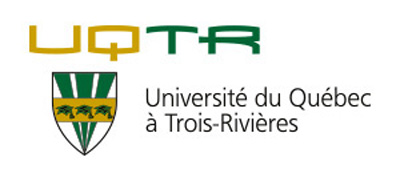Related projects
Discover more projects across a range of sectors and discipline — from AI to cleantech to social innovation.
Mitacs brings innovation to more people in more places across Canada and around the world.
Learn MoreWe work closely with businesses, researchers, and governments to create new pathways to innovation.
Learn MoreNo matter the size of your budget or scope of your research, Mitacs can help you turn ideas into impact.
Learn MoreThe Mitacs Entrepreneur Awards and the Mitacs Awards celebrate inspiring entrepreneurs and innovators who are galvanizing cutting-edge research across Canada.
Learn MoreDiscover the people, the ideas, the projects, and the partnerships that are making news, and creating meaningful impact across the Canadian innovation ecosystem.
Learn MoreThe objective of the project is to automatically learn missing information in knowledge bases (KBs), which are becoming essential tools to deal with big data, since they provide means to organize, manage and retrieve all this knowledge. These databases are huge directed multi-relational graphs, whose nodes correspond to entities connected by edges representing a certain relationships between them. These databases are far from being complete, so new tools are needed to complete them by adding new facts; this is termed link prediction. This project proposes to tackle this problem by learning representations for each of the elements of the graph. However up to now, all proposed solutions do that by modeling of triples in isolation. We have
observed several limitations in these models that we attribute to this fact, so we aim at modeling sequences of triples, that could capture longerterm interactions. We propose to do such modeling using Recurrent Neural Networks, which have recently shown to be very powerful for dealing with sequences.
Yoshua Bengio
Alberto Garcia-Duran
Computer science
Globalink
Discover more projects across a range of sectors and discipline — from AI to cleantech to social innovation.
Find the perfect opportunity to put your academic skills and knowledge into practice!
Find ProjectsThe strong support from governments across Canada, international partners, universities, colleges, companies, and community organizations has enabled Mitacs to focus on the core idea that talent and partnerships power innovation — and innovation creates a better future.













































































































































































































































































































